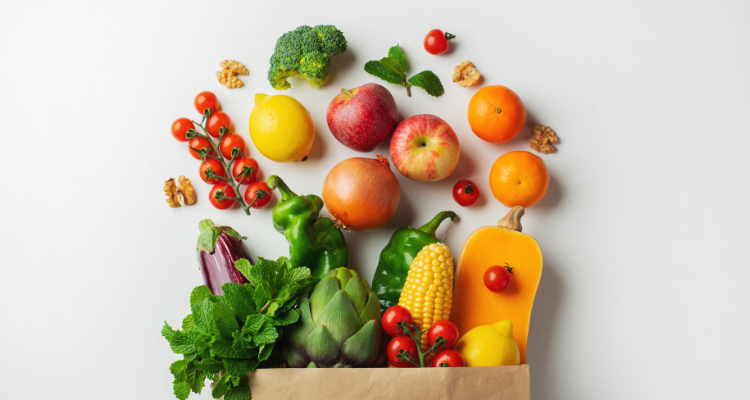The program that provides food assistance will distribute up to $1,751 in benefits to eligible households in the U.S. this week
This week, the Supplemental Nutrition Assistance Program (SNAP) will deliver $1,751 in benefits to eligible households across the country. These monthly payments, which seek to improve the nutritional well-being of families, are distributed based on household size: from $291 for an individual to $1,751 for an eight-member household. The specific amounts for this year are:
- One person: $291
- Two persons: $535
- Three persons: $766
- Four persons: $973
- Five people: $1,155
- Six people: $1,386
- Seven people: $1,532
- Eight people: $1,751
To receive these benefits, the household’s gross monthly income must be at or below 130% of the poverty line, i.e., $2,072 per month or $32,328 per year, adjusted for household size. In addition, households must meet certain asset thresholds: $2,750 for those without members over age 60 or disabled, and $4,250 for those with at least one member in these categories.
Benefit payments will be distributed this week in several states, with specific days based on case number or last initial:
- Alabama: July 18-23, depending on the case number terminal.
- 70-74: July 18
- 75-79: July 19
- 80-84: July 20
- 85-89: July 21
- 90-94: July 22
- 95-99: July 23
- Delaware: According to the first letter of the last name.
- QR: July 18
- S: July 19
- T: July 20
- UV: July 21
- W: July 22
- XYZ: July 23
- Indiana: According to the first letter of the last name.
- S: July 19
- TUV: July 21
- WXYZ: July 23
- Georgia: According to the end of the identification number.
- 70-79: July 19
- 80-89: July 21
- 90-99: July 23
- 00-09: July 24
The SNAP program has launched an initiative that allows beneficiaries to use their payments for online purchases at more than 200 grocery stores, facilitating access to a wider range of products. Among the items allowed are:
- Bread
- Cereals
- Fruits
- Vegetables
- Dairy products
- Snacks
- Non-alcoholic beverages
Alcohol, tobacco, vitamins, medications, live animals, pet food, and cleaning and hygiene products are not allowed.
To determine eligibility or update information, residents should contact their state human services agency, especially if they have experienced changes in income or expenses.
